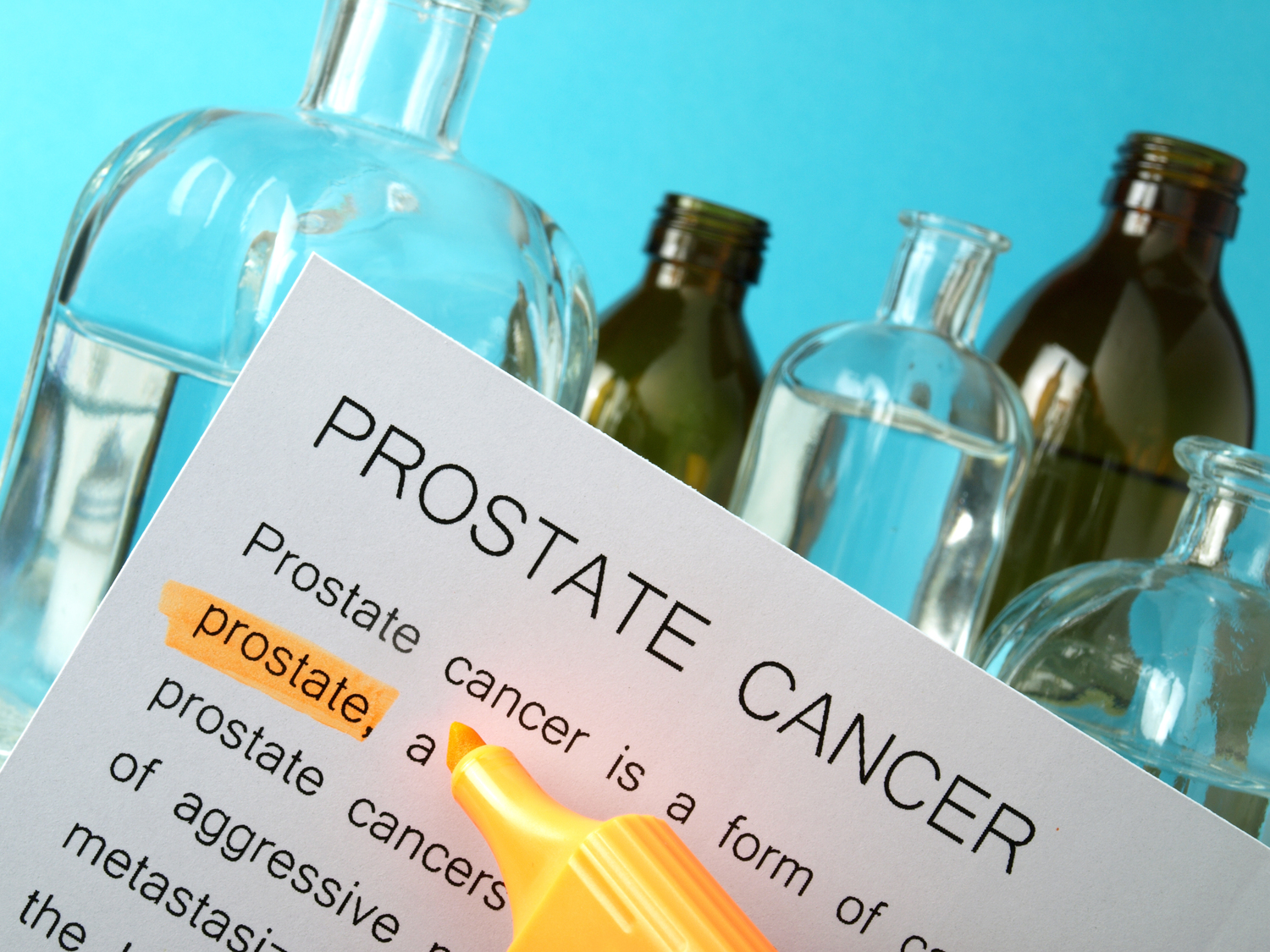
4 Early Symptoms of Prostate Cancer
Prostate cancer is one of the most common types of cancer in men. Men that are in the high-risk group can opt for prostate-specific antigen or other methods of diagnosis to rule out the possibilities of a tumor in the prostate gland at the early stage. Sometimes the signs and symptoms of prostate cancer are difficult to identify.
But if you do spot them early, there are several treatment options available today. Read on to know the most common signs and symptoms of prostate cancer.
1. Changes in urination
This occurs because of the growing tumor exerting pressure on the urethra. As a result, some men experience a weaker outflow of urine, and in others, it causes discomfort while passing urine. This might also be accompanied by the frequent need to urinate as emptying the bladder completely becomes much difficult as it weakens. When the condition progresses without being treated, it can also result in the discharge of blood in the urine.
2. Pain in the bones
When cancer is in its early stages, you might not notice prominent symptoms. But there comes a stage where the tumor growth progresses to the bones. This is where men start experiencing noticeable bone pain. The pain might be due to mild or major swelling in the bone or even due to a possible change in the shape as the condition worsens. The pain can be an uncomfortably sharp sensation or even persist as mild pain.
3. Metastatic spinal cord compression
MSCC can be quite painful in the early stages, and if left untreated, it sometimes leads to irreversible complications like paralysis. A prostate tumor can sometimes grow and extend to the spinal cord. As a result, they exert an uncomfortable amount of pressure on the spinal cord, and this can result in nerve damage. One of the earliest signs and symptoms of prostate cancer that has progressed to the spinal cord is a frequent feeling of numbness in the legs. It could also appear in the form of a tingling sensation in the feet and then get worse.
4. Referred pain
This is the term used to refer to the kind of pain felt when the metastasis stage is reached, and cancer has started evading nearby organs, impeding their functioning. Hip pain and back pain are very common in men whose prostate cancer has already progressed to an advanced stage. Sometimes this pain extends to the thigh region.
It is imperative to learn about the signs and symptoms of prostate cancer. If you or a loved one experiences a few of these symptoms, it would be a good idea to go for an early diagnosis. This will improve the survival rate and help treat cancer before it leads to other complications.


